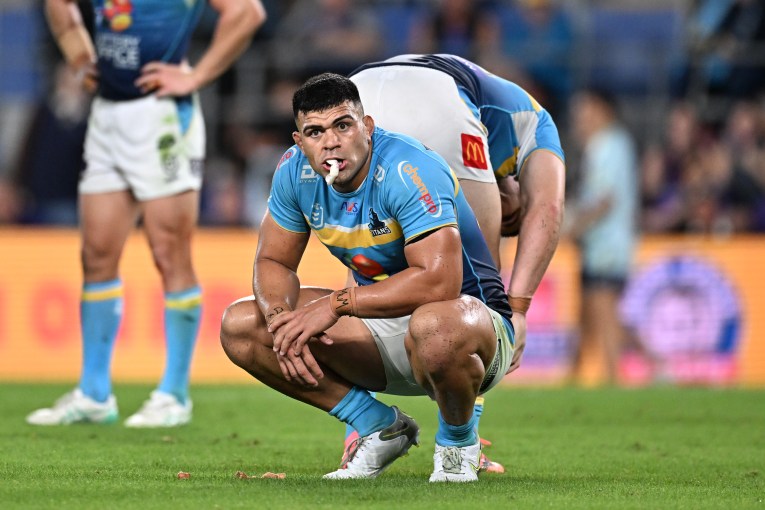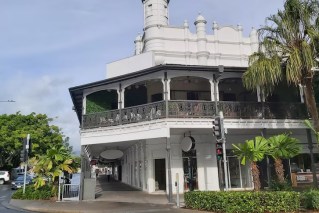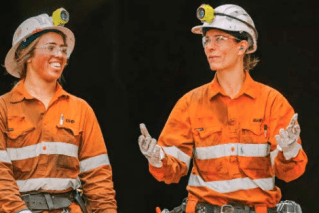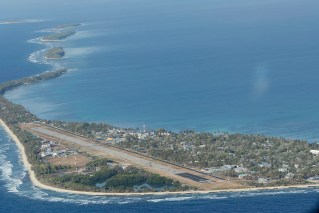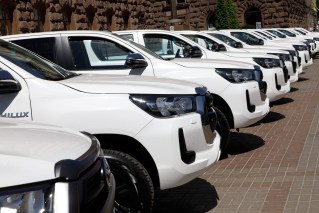The monster wakes: New Treasurer warns inflation is ‘high and rising’
While consumer confidence appears to have stabilised after weeks of decline over concerns about cost of living pressures, new treasurer Jim Chalmers has sounded a warning that inflation has further to rise.
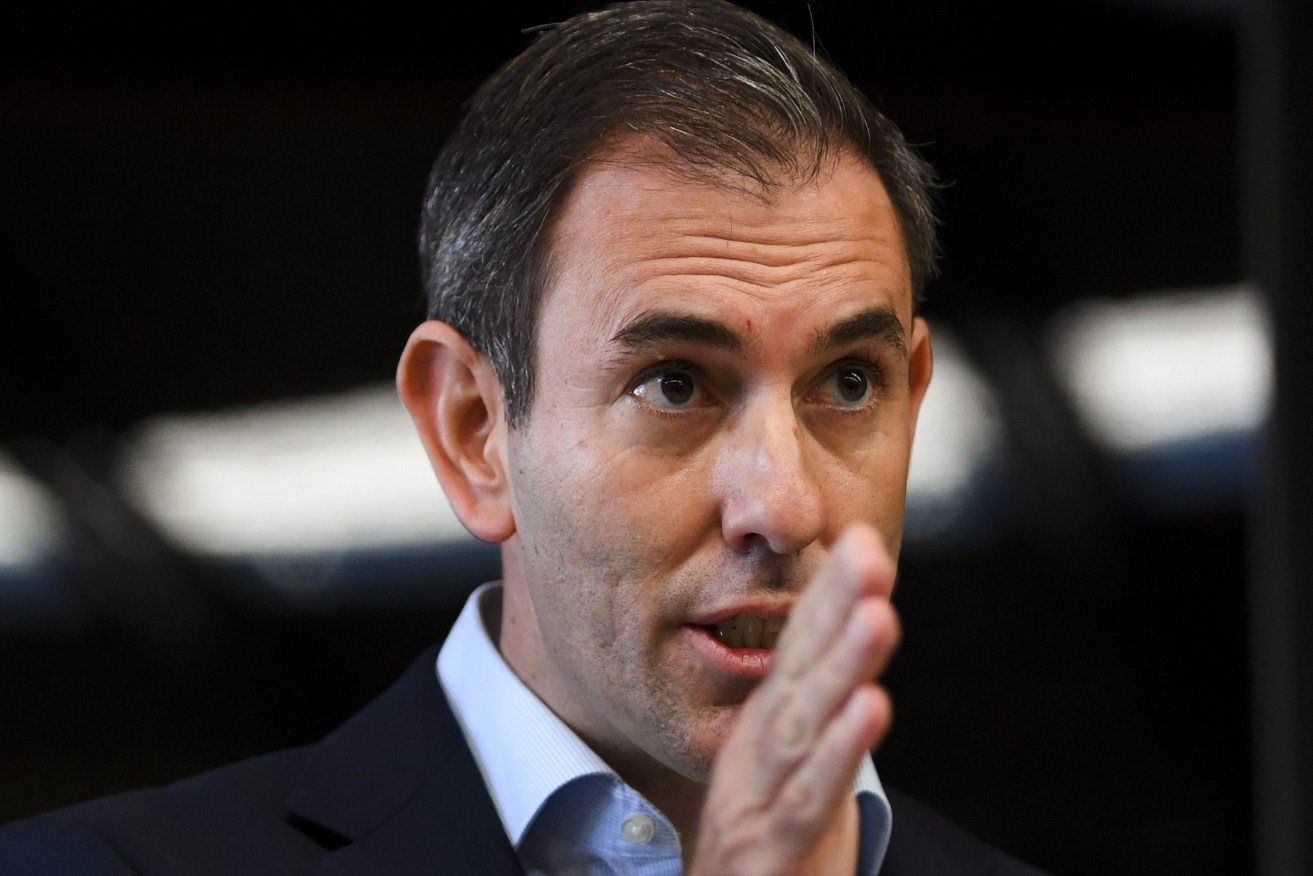
Treasurer Jim Chalmers. (AAP Image/Lukas Coch)
Chalmers, who was sworn in on Monday after Labor secured government at Saturday’s federal election, was speaking after receiving briefings from Treasury officials in the past couple of days.
He said the idea that Labor was inheriting an economy performing well would be news to people copping the worst real wage rise cuts in more than 20 years.
“There is no use mincing words, this is a serious economic situation that we are inheriting from our predecessors,” Chalmers told ABC radio on Tuesday.
“What will change, you now have a government that understands these cost of living pressures and has a plan to deal with them over time.”
Chalmers intends to deliver an economic update as soon as federal parliament resumes, prior to handing down his first budget in October. He said he wanted a “national conversation” about Australia’s economic challenges.
Briefings by Treasury secretary Steven Kennedy and other officials in the past couple of days have confirmed Chalmers’ worst fears.
“We do have a trillion dollars of debt in the budget, there is substantial weakness across the board in the budget because there has been a lot of wasteful spending over the last decade or so,” he said.
Labor has flagged it will cut $11.5 billion from the budget bottom line by ending the waste and the rorts of the outgoing Morrison government and other initiatives, such as making multinationals pay their fair share of tax.
“If there are more opportunities that come from our audit of rorts and waste in the budget, obviously we will pursue those as well,” he said.
“No government can click their fingers and make all of a sudden a trillion dollars of debt disappear.”
The Reserve Bank of Australia expects the inflation rate to hit six per cent at the end of the year, having already reached 5.1 per cent and the highest level in over two decades.
The weekly ANZ-Roy Morgan consumer confidence index – a pointer to future household spending – rose 1.7 per cent, a partial recovery after a 7.7 per cent drop over the past month and to its lowest level since August 2020.
However, at an index of 90.3 and below 100 it still indicates pessimists outweigh optimists.
ANZ head of Australian economics David Plank said the fall in the unemployment rate to 3.9 per cent, its lowest level since 1974, may have contributed to the lift in sentiment.
“Most of the survey was conducted before the federal election results were known, so the reaction to the election will be captured in next week’s index,” Mr Plank said.
Household inflation expectations remain elevated at an index of 5.3 per cent as average petrol prices rose sharply in the past week.
The Australian Institute of Petroleum in its weekly report says the national average price for petrol as of Sunday jumped by a further 14.1 cents to 199.1 cents a litre, the fifth consecutive weekly rise. I Brisbane, petrol prices are already well above $2 a litre.
The rises came despite the halving of fuel excise as part of an $8.6 billion cost-of-living assistance package in the former Morrison government’s March budget.
Commonwealth Securities chief economist Craig James said this was the third largest weekly rise on record, and is just 13 cents per litre below the record highs seen in March.
He estimated that as of Monday the average petrol price was already at 206 cents a litre and up 45.6 cents from recent lows.
“It is costing the average family $278.74 a month to fill up the car with petrol, an extra $57 a month compared with the start of the year,” Mr James said.
